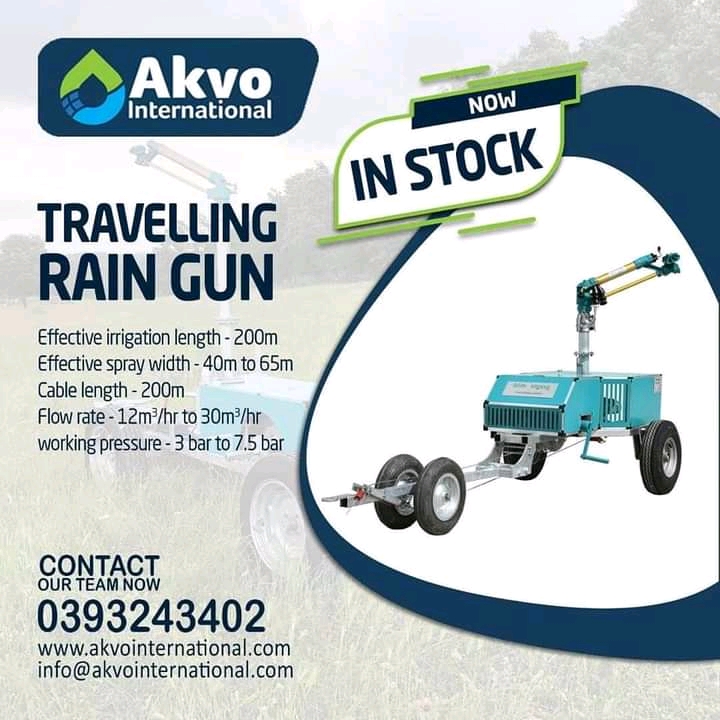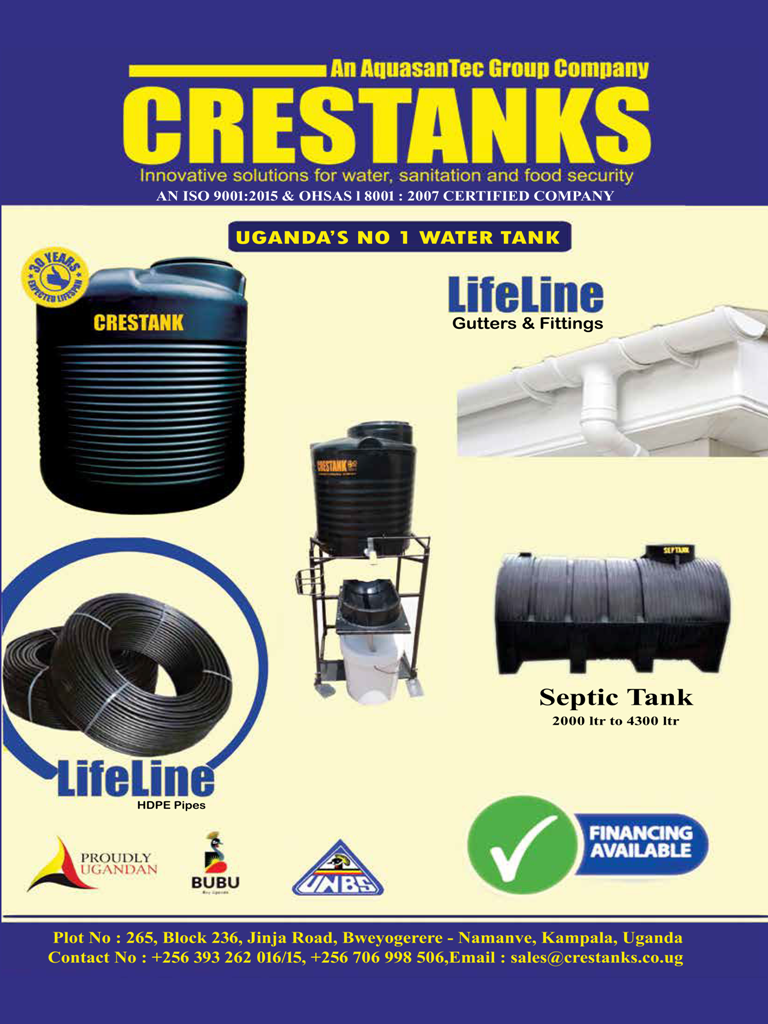By Felix Okello
ARUA — After decades of discrimination against the female gender, there is now universal campaign by the international community that girl-child education needs to be supported as a key plank for the development of any family, community or nation.
According to a World Bank report titled, “Missed Opportunities: The High Cost of Not Educating Girls,” the price that society pays for not educating its girl children goes beyond lost potential earnings from female workers. The report adds that low education attainment by girls has economic and social implications whose ripple effects are felt at the national level.

“Not educating girls is especially costly in part because of the relationships between educational attainment, child marriage, and early childbearing, and the risks that they entail for young mothers and their children,” says the report. “In addition, occupational segregation by gender between paid and unpaid (housework and care) work, and between types of employment and sectors, also lead to especially high potential costs for girls.”
Uganda is one of the many countries that have put in place policies to support the education of the girl child, including giving all female students an extra 1.5 points to aid their admission to university in a bid to raise the number of girls vying for a first degree.
However, as the World Bank report notes, girls still have a lower level of educational accomplishment than boys. This is down to the fact that girls often have greater requirements than boys to aid their studies, many of which they are unable to receive either due to limited resources within their households or poor planning at national level.

Among the crucial needs that girls have is pads to contain their menstrual flow during “that time of the month.” Without the menstrual pads, many girls face embarrassment or stigmatisation by their male counterparts (many of who haven’t yet been educated about menstruation) in case they bleed while in school and their uniforms get soiled.
The end result, according to available evidence, is that many girls are discouraged from going to school while having their menstruation periods. As a result, they miss out on crucial classes, perform poorly at the end of the term and, in extreme cases, opt to drop out school altogether.
PLIGHT OF REFUGEE GIRLS
If that is the picture for citizens in their own country, then imagine how much more dire the situation is in cases where the girls are refugees fleeing political instability or war in their own country. Uganda hosts more than 1.1 million refugees from South Sudan, DR Congo, Rwanda, Burundi and Somalia.
Many of the refugees from South Sudan and DR Congo live in settlements camps in the West Nile region such as Bidi Bidi, Ocea, Katiku and Rhino. In Arua district, a Church organisation is trying to give female students a chance at a normal school life even during their periods by providing eco-pads.
So far, the Pentecostal Assemblies of God (PAG) has provided more than 17,000 eco-pads for female refugees (9,551 for girls and 7,449 for women) in the West Nile sub-region.

PAG is a Church, a Non-Governmental Organisation (NGO) and a company limited by guarantee which pursues a holistic ministry of achieving both spiritual and physical wellbeing of mankind just as Jesus Christ did on earth, says Bishop George Joel Omara, the Director of Ministries at PAG.
From humble beginnings in Mbale, where it was founded in 1939, PAG has grown into a Church with a national reach, bringing together more than 500,000 Christians through a network of 5,050 local Churches.
The Church has a humanitarian arm which carries out a series of charitable activities in areas such as emergency response, HIV/Aids response, nutrition, agriculture and livelihood support, as well water and sanitation projects, explains Francis Ichol, the National Director of Community Development Services of PAG.
“In the early 1990s, most of our communities were suffering because of conflicts in northern Uganda and Teso region. So the Church began to say that we cannot only preach the gospel. We can also support communities. That’s when the idea of community development started in PAG. It was started by individual Churches, then we were able to get a number of Churches and partners who wanted to support what PAG was doing. That gave birth to the social development services of PAG,” he explained.
For PAG’s water and sanitation project activities such as the provision of eco-pads to refugees, Ichol said the Church is grateful for support from Tearfund UK, Tearfund Netherlands and Oxfam.
GIRLS SHARE TESTIMONIES
One of the eco-pads beneficiaries is Nancy Asizua, a 14-year-old P7 pupil of Odobu primary school, who is seeking refuge in Uganda from the political and civil instability across the border in South Sudan. In 2017, Asizua received four eco-pads, which she says have enabled her to return to school with minimum inconvenience as they are reusable.
“My mother did not have enough money to buy pads for me and so some times in the past, I had to drop out of school for three days in order to sell charcoal and get money to buy pads. If I sold charcoal for Shs10,000, I would use it to buy pads that can help me for two months,” she said.
At Asizua’s local shop, a pack of ordinary pads costs Shs2,000 at her local shop. It could have cost even more if the government had not instituted a Value Added Tax (VAT) waiver on imported pads. However, even with the lowered costs, the fact that 31 per cent of Ugandans live on less than $1 (about Shs3,670) means pads are still out of reach of the majority.
Another pupil, Charity Ayikoru, says that although the pads provided by PAG have enabled her to continue with her education, some of her friends have not been able to overcome the insults from their male classmates.
“I feel that my life is improving because now I am able to attend school well,” said the 13-year-old, who is a primary seven candidate. “However, in some instances other pupils, especially the boys, can insult you that you smell when you are facing periods. This has forced some of my friends to drop out because they feel uncomfortable with the nicknames given to them.”
Despite the pressure from the male students, girls like Asizua and Ayikoru believe they can ride on the support of the Church to overcome one of the stumbling blocks to girl-child education. In fact, Asizua and Ayikoru have now become role models to their peers since they received training on how to make the re-usable pads. Asizua says she has cut down the cost of buying pads through making them from used pieces of cloth.
AUTHORITIES SPEAK OUT
But what role does the school play in ensuring that the girls are retained in school? Ms Paula Eyotaru, the Senior Woman Teacher, said; “Whenever the girls report to us about harassment and insults against them, we engage the boys through their Senior Male teachers to educate them that menstruation in girls in normal. We engage the parents to also spare little money for buying pads so that their children can study well.”
The former Senior Woman Teacher, Lydia Babua, agrees that there should be more training conducted for the girls and teachers on how they can make re-usable pads in schools.
“We ask partners to help us in trainings on re-usable pads so that we can cut costs and demand for them on the parents,” she appealed. “This should be done for both male and female teachers and pupils so that the skills can be imparted to everyone.”

Erick Okillan, a Protection Officer with Pentecostal Assemblies of God (PAG), said that although their support has improved the situation for a group of refugee girls, they continue to be alarmed by the continuous cases of girls dropping out of schools because of menstrual hygiene.
“Since we came in to support the girls with eco-pads, we have seen there is improvement in retention in schools,” he said. “These girls hold bright future if they are in school than when they are married off at tender age because their parents cannot afford to buy pads. We hope that more of the same kind of support will continue to come from other partners.”
SIDE BAR: REFUGEE WOMEN ON HOW ECO-PADS CHANGE LIVES
Christine Night, a refugee at Ocea A settlement
“I have been using the old methods where you fold a piece of cloth or cotton wool and place it under your pads. But this is not comfortable to many girls right now. They need the better ones like those distributed by PAG or the ones sold in shops. Since I got the ones of PAG, I am still using them up to now because once you know how to maintain it, it can be used for longer period.”
“Although the pads might be expensive at Shs5,000 for better ones, the parents must continue providing for the girls in schools because education is worth more than the Shs5,000. When we are sensitizing them through our hygiene promoters, we tell them to think of their girls staying in school because in future, they would reap more from these girls once educated.”
Rose Mary Kiden, a refugee in Katiku III settlement
“Some of the women under reproductive age did not have the materials to keep themselves clean during menstruation. They were happy when PAG distributed these pads. It is unfortunate that some of the parents cannot afford to buy pads for their girls. But we encourage them to do so because these girls have to engage in sports activities which need them to have heavy pads.”



















